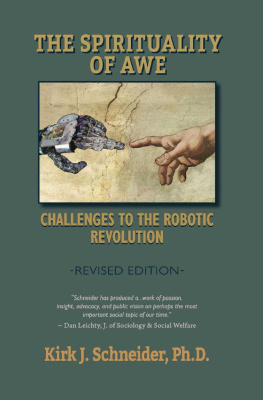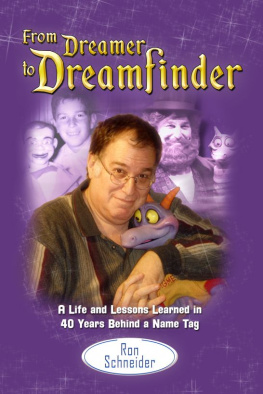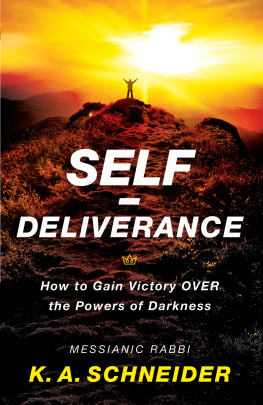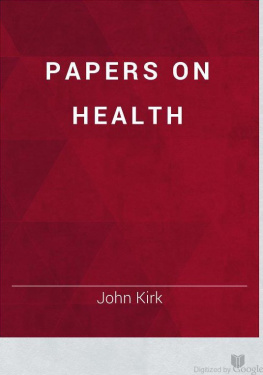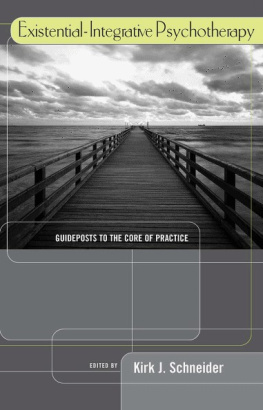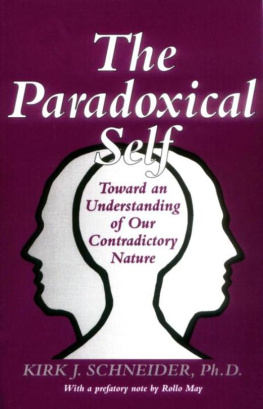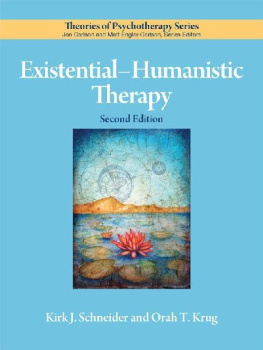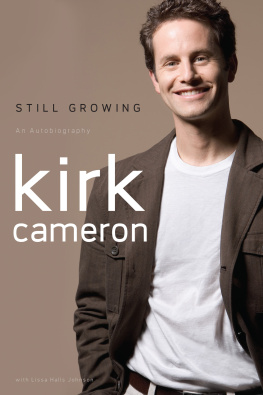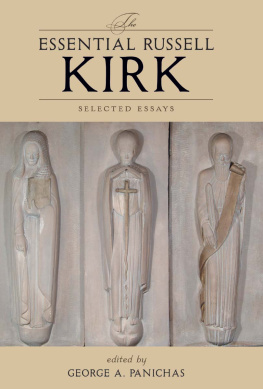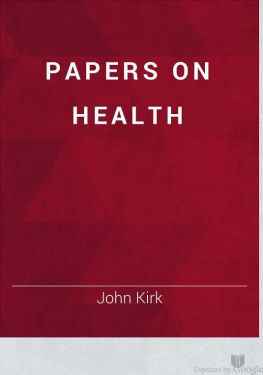CONTENTS
Introduction:
The Rise of Transhumanism
Copyright
Copyright 2019 Kirk J. Schneider
The Spirituality of Awe: Challenges to the Robotic Revolution (Revised Edition)
By Kirk J. Schneider
All rights reserved. No portion of this book may be reproduced by any process or technique without the express written consent of the publishers.
Revised edition first published in 2019. University Professors Press. Colorado Springs, CO, United States.
ebook ISBN: 978-1-939686-37-4
Print ISBN: 978-1-939686-27-5
University Professors Press
Colorado Springs, CO
www.universityprofessorspress.com
Cover Image by Bob Eggleton
Original Cover Design by Thomas Ewing of aNewDomain
Cover Design adapted by Laura Ross
First edition published by Waterfront Press. Revised edition published with permission.
There's a time when the operation of the machine becomes so odious, makes you so sick at heart, that you can't take part! You can't even passively take part! And you've got to put your bodies upon the gears and upon the wheels...upon the levers, upon all the apparatus, and you've got to make it stop! And you've got to indicate to the people who run it, to the people who own it, that unless you're free, the machine will be prevented from working at all!
~ Mario Savio, student activist, U.C. Berkeley, 1964
Mystery, as it was known in primordial rite and ritual, as it was experienced in the sacraments of the mystery cults, had stood as a boundary defining [humanitys] proper station in the world....it served to enrich [people] by confronting them with a realm of inexhaustible wonder! With the appearance of scientific skepticism, however, the mysterious either became a tricky puzzle to be solved or a guilty secret to be exposed. In either case, mystery came to be seen as an intolerable barrier to reason and justice. Since the sacred had become the mask of scoundrels and fiends, away then with the sacred!
~ Theodore Roszak, The Making of a Counter Culture
As I reflect on the matter...I do remember moments when I have been awe awakened; there have been times that I have been carried out of myself by something greater than myself and to that something I gave myself.
~ Martin Luther King, The Autobiography of Martin Luther King
Preface to the Revised Edition
The urgency of this book has grown. As people scramble for quick fixes and instant results, the gap between the spirituality of awe and the machine model for living is an ever-widening morass. People have a hard time being curious and respectful these days, let alone talking to one other. Were hardening hearts and hardening minds, just like our hardware; lashing out and lashing back, reflexively kicking and kicking back. Furthermore, were being increasingly controlled by our primitive brains, our hormones and our serotonin, our dopamine and our drugseverything it seems but our whole body experience and the bigger picture of life. This picture is diverse, extensive, humbling and grand, and it demands sustained discernment. Yet the split between those who foster awehumility and wonder, sense of adventure toward living, and those who foment polarizationimperiousness, rigidity, and single points of view is grave; and as the world swells with stereotypes, sloganeering, and knee-jerk animosities, the military-industrial technocracy grows in proportion.
It is now no longer a question of whether the expansion of consciousness is desirable, it is imperative. If there is one lesson to be learned over the past year it is how susceptible we all are to digitally driven, ideologically based propaganda. Whomever the powers that be, be they countries, leaders, corporations, or crooks, whomever has their clutches on the techno-industrial levers, has a vast capacity to killand Im talking about killing spirits here as much as human lives. What we have learned from facebook and snapchat and twitter feeds and infotainment of all sorts is how easily many of us go into robotic mode. This is a mode of elemental reactions, narrowed perceptions, and rigidified assumptions about the world. Sometimes we are lured but mainly we are spooked into these abrupt new forms of ourselves. We then go about the world doing the bidding of otherseven if we vaguely realize, and resent, that we are doing their bidding. This is because, eventually, as we are surrounded by enough gimmickry, we have a reduced consciousness of what we are doing or who we are serving. We now know more about how roboticismthe machine model for livingcan induce us into a kind of stupor. This stupor incites us to buy things we dont need, vote for platforms or candidates who oppose our interests, and believe we are our own agents when we have nonconsciously forfeited that agency to others.
What all this amounts to is the erosion of choiceand the erosion of choice is the surest road to autocracy; the collapse of democracy. Now more than ever I am convinced that the better angels of our nature, as Lincoln once put it, have little chance to emerge without reinstilling the awe for lifewithout stemming roboticism, without curbing the quick-fix, instant results world capped off by militarism and the surveillance state.
While some have criticized the realistic nature of this awe-based stance, I question whether they are thinking in the strategic manner that I have set forth in this book. Despite more than a few passages that are aspirational, even romantic in nature, I have conspicuously included concrete suggestions about how we can implement awe-based child-rearing, education, work environments, religious and spiritual settings, and governmental relations. I have also concertedly discussed actual programs that bring people together for face-to-face dialogues, as distinct from encounters over social media or cable news, to discover who their fellow human beings are as multifaceted persons .
In this context, I have joined a new organization over this past year, aptly named Better Angels (https://www.better-angels.org), which fosters such awe-based collectivism on an unprecedented scale. Better Angles is a grass roots society that promotes highly structured, psychologically supportive dialogues between liberals and conservatives throughout the U.S. The mission of Better Angels is for each side to understand and learn from one another, not to persuade, impose or cajole; and their emphases on respect, curiosity, and openness are very close to the awe-based stances of the dialogue groups that I describe in chapter 6 of this book. The emerging outcomes of Better Angels gatherings are also resonant with those I describe in chapter 6, and as I believe many would agree, this is a remarkably hopeful development, for us all.
The depth psychologists and philosophers throughout history have long centered on the holding of paradox as key to our individual and collective well-being. We might now say that the awe for life, for our smallness as well as greatness, our fragility as well as boldness is one of the deepest most enriching paradoxes that we can experience; it is also one of the most trying. Are we ready to grapple with such paradoxes in our everyday liveswithin ourselves and among our fellow citizens? Are we ready to get out of our own way, humble ourselves to the point of discomfort and open ourselves to the point of intrigue or even amazement at what we may learn? Are we ready to really hear and enable the contrasting voices within and without, let them jostle and tumble about in order tojust possiblyfind conciliation in those voices, a new synthesis that could expand and deepen our view? These are the seeds of what we need right now, the budding of a renewed or even better deep democracy that will counter the regimentation and leveling of life fostered by the machine model. Again, that model does not have to dehumanize, it can facilitate our awe-based aims. But we have to be wary toward itto ask direct questions, such as does this device I now hold in my hands foster or repel my (and our) quest to live meaningfully, poignantly, as if every moment mattered. These are the questions that I have grappled with in this bookand that still bear heavily on my being.

